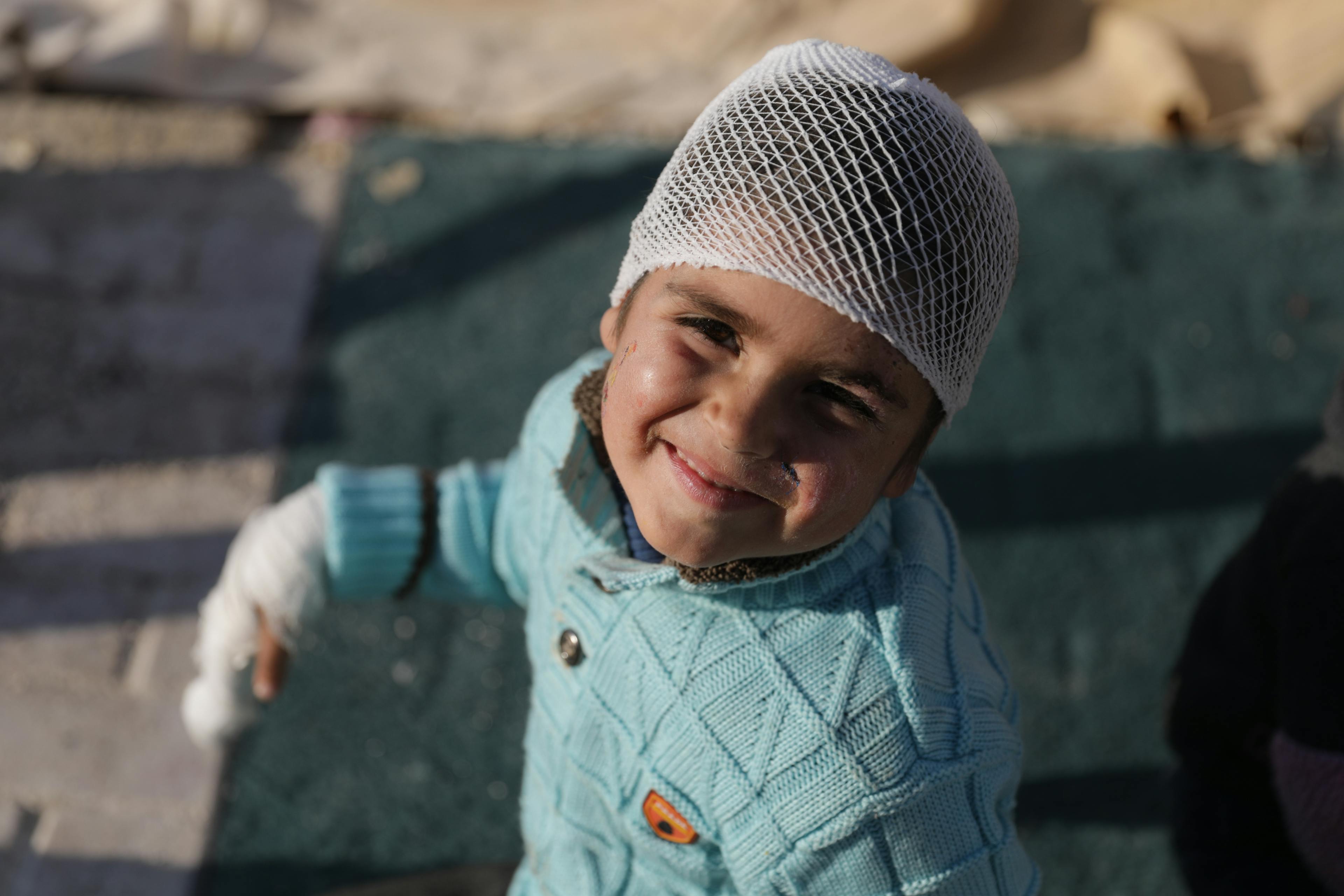
Water & Sanitation
Home
Our Work
Water & Sanitation
Safe water, toilets and good hygiene so kids stay happy, healthy and ready to take on the world!
Water is the basis of life! And something all children have a right to.
We run developmental programmes in over 100 countries that provide kids with sustainable access to safe water, toilets and hand-washing facilities. And because we're already on the ground we're able to respond to their immediate water and sanitation needs when conflict or disaster strikes.
2.1
billion
people have gained access to readily available and safe water at home since 2000.
17.4
million
people gained access to readily available and safe water at home in 2024.
2.2
billion
people still lack access to safely managed water services.
How your donation helps
Innovative thinking is essential in creating longterm change for kids and making sure your donations are going the distance.
2.2 billion people currently lack access to safe drinking water - we're working on changing that number to zero by 2030. Every child and their family have the right to clean, safe water.
Building climate-resilient and locally maintained solar powered water systems around the world is just one of the ways we're pushing this goal forward.
In the climate-prone Garissa County, Kenya, continuous access to water means thriving crops and livestock, functioning health facilities and schools, and healthy kids amidst an ongoing drought!
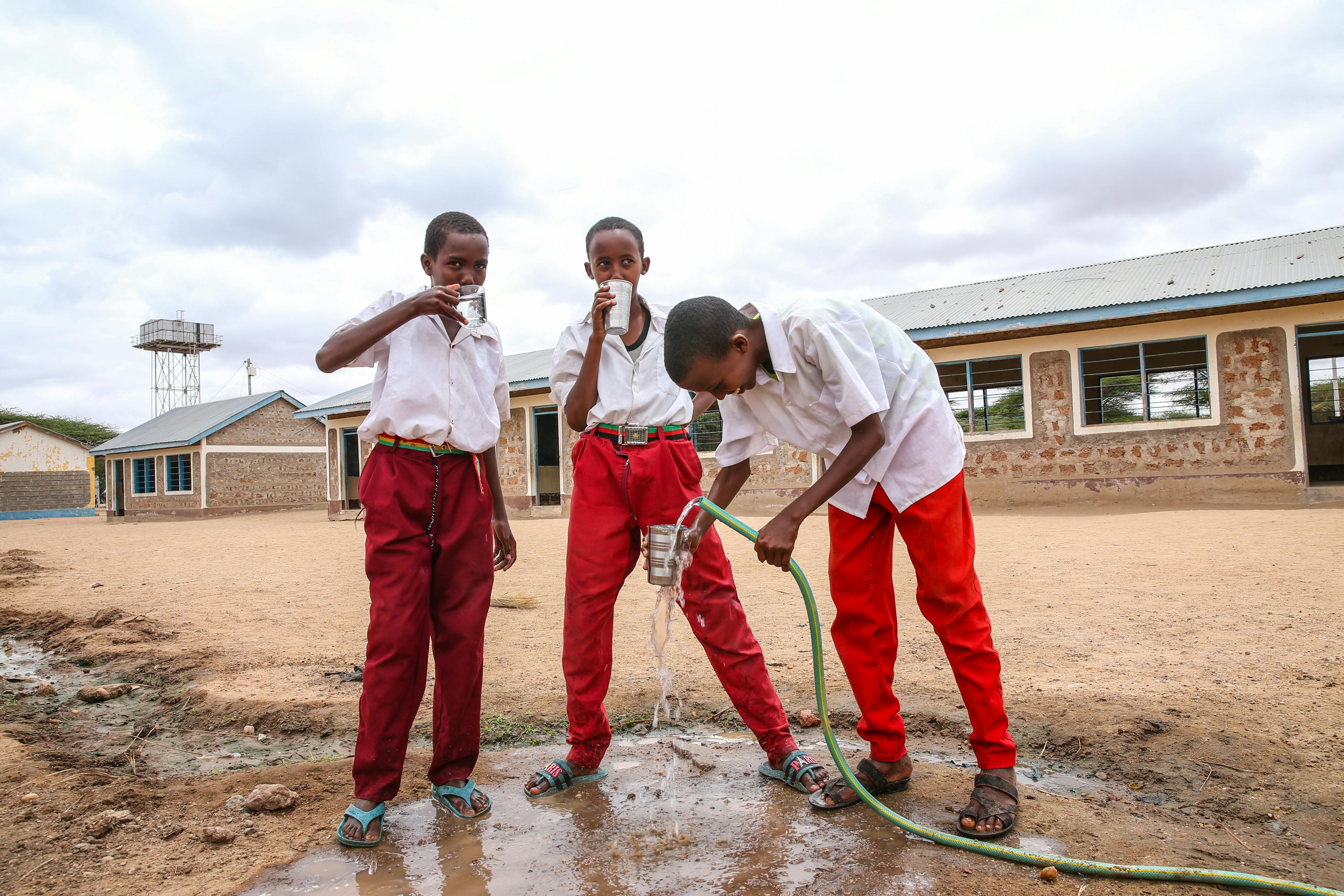
UN0733317
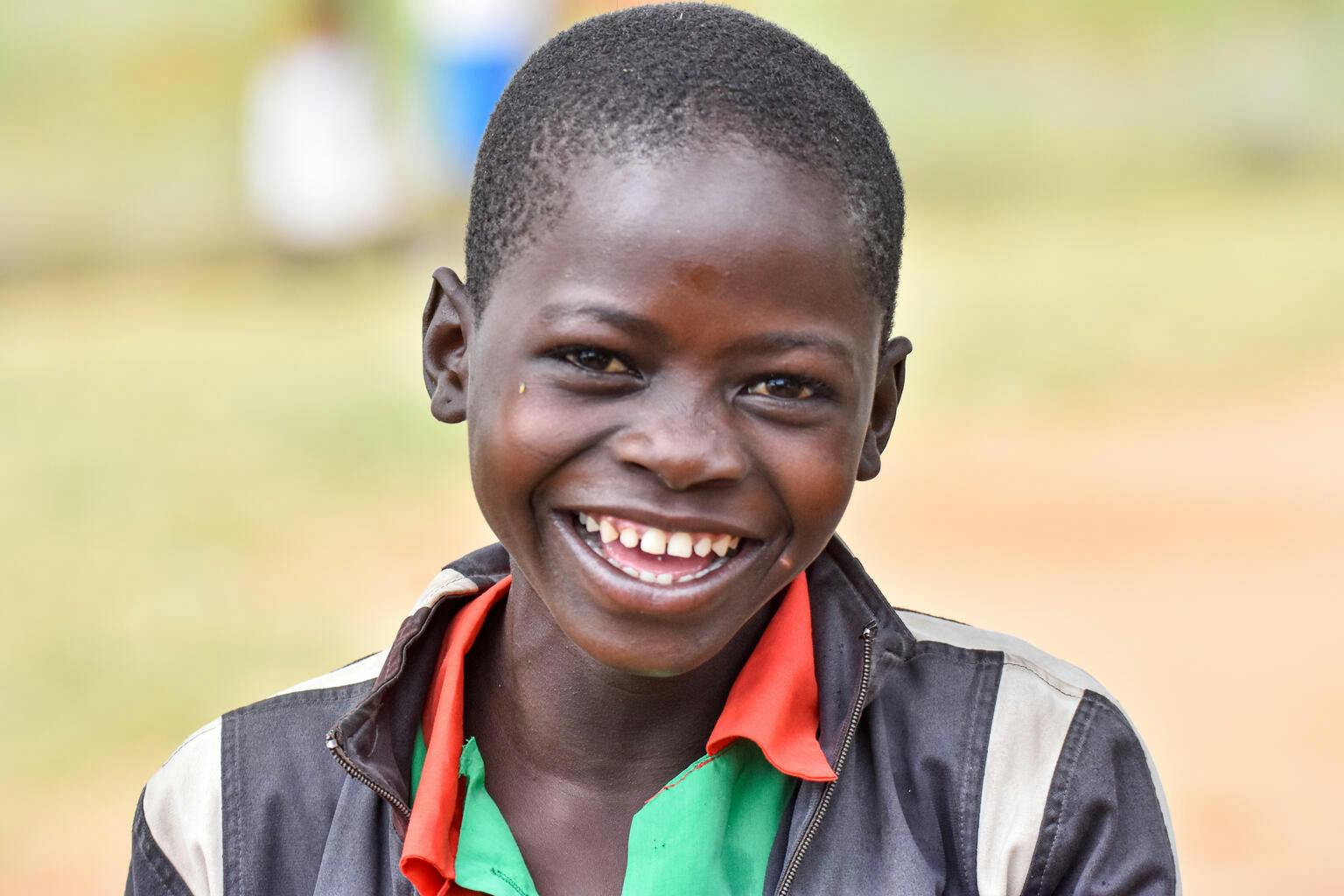
UN0716436
Empowering girls with water!
Climate-smart water innovation is also helping us tackle the shortage of safe sanitation that half the global population experience! That's the power of water for girls like 10-year-old Shamim.
With access to water, washrooms and drainable toilets, she won't be forced to stay home again or need to walk long distances just to collect clean water.
Not all innovations need to be as big as solar. With safe running water the girls of Shamim's school can easily clean their washable sanitary pads.
Sometimes even the simplest of ideas can empower children!
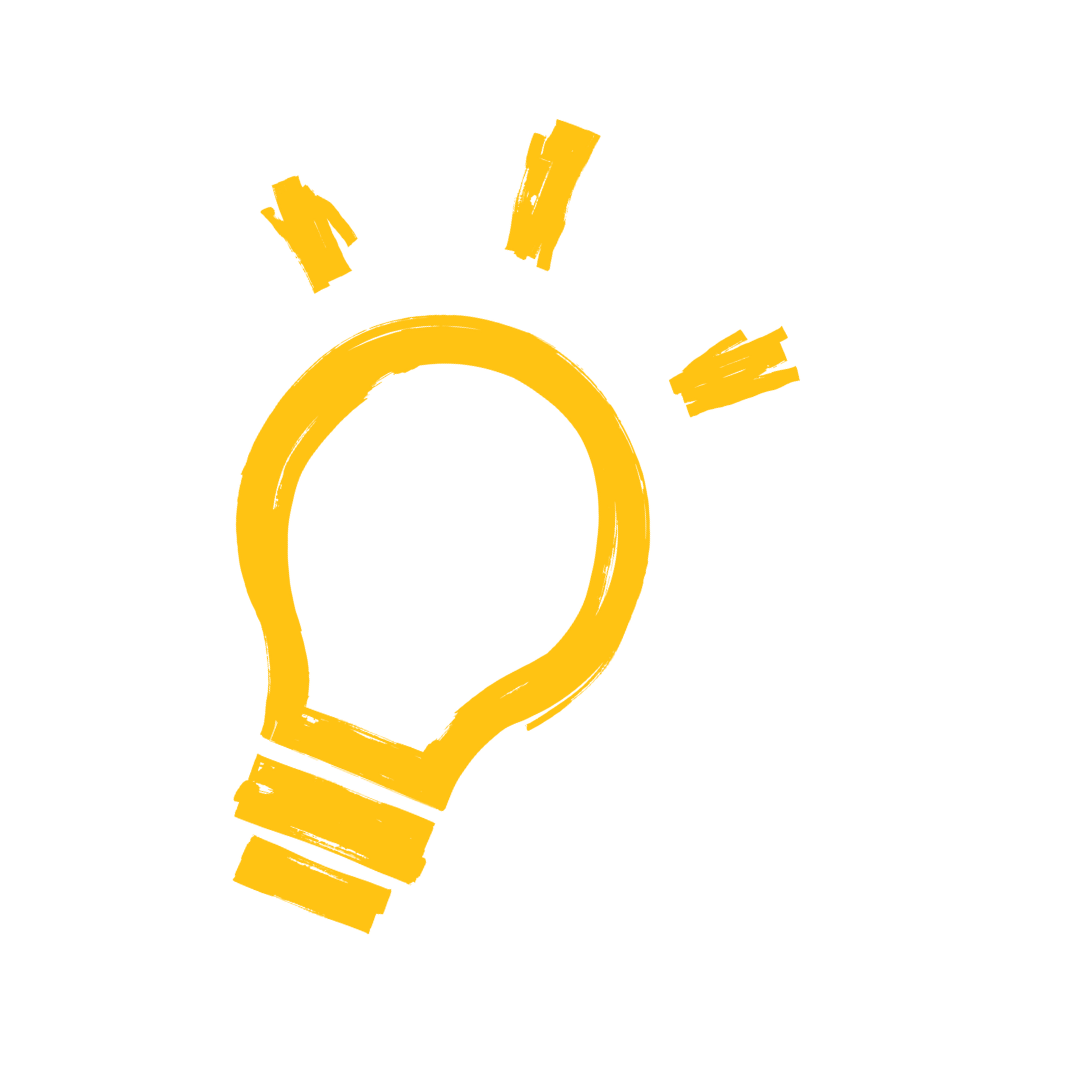
Water in emergencies
During conflict and disaster, water facilities are often damaged or destroyed and water sources contaminated. That's where the support of amazing UNICEF donors comes in.
No matter the obstacles, donor support helps us respond to the immediate needs of over 300 emergencies every year with safe water and sanitation while also strengthening and building resilient systems and services so kids and their families are better prepared for the future.
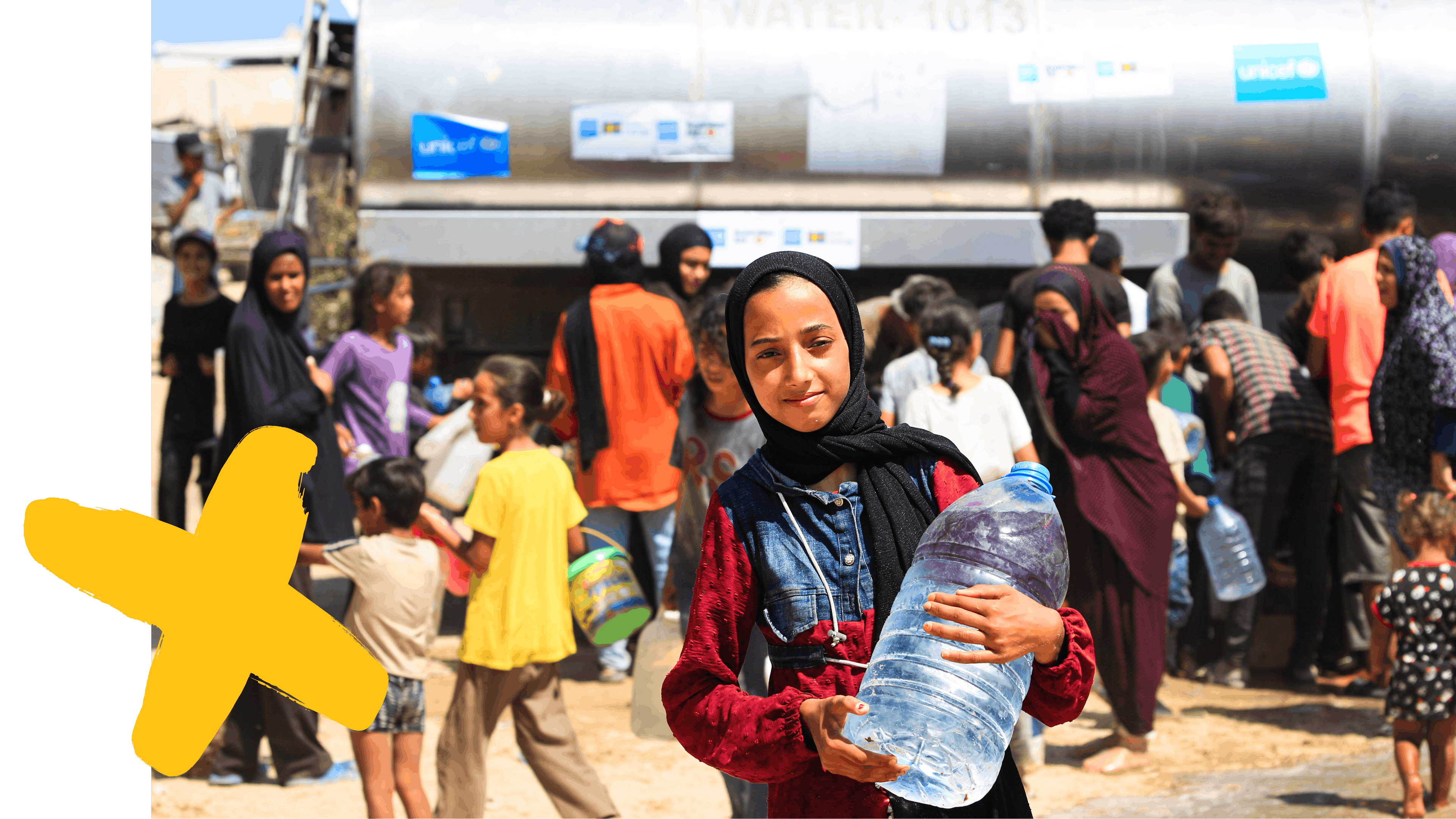
UNI613724
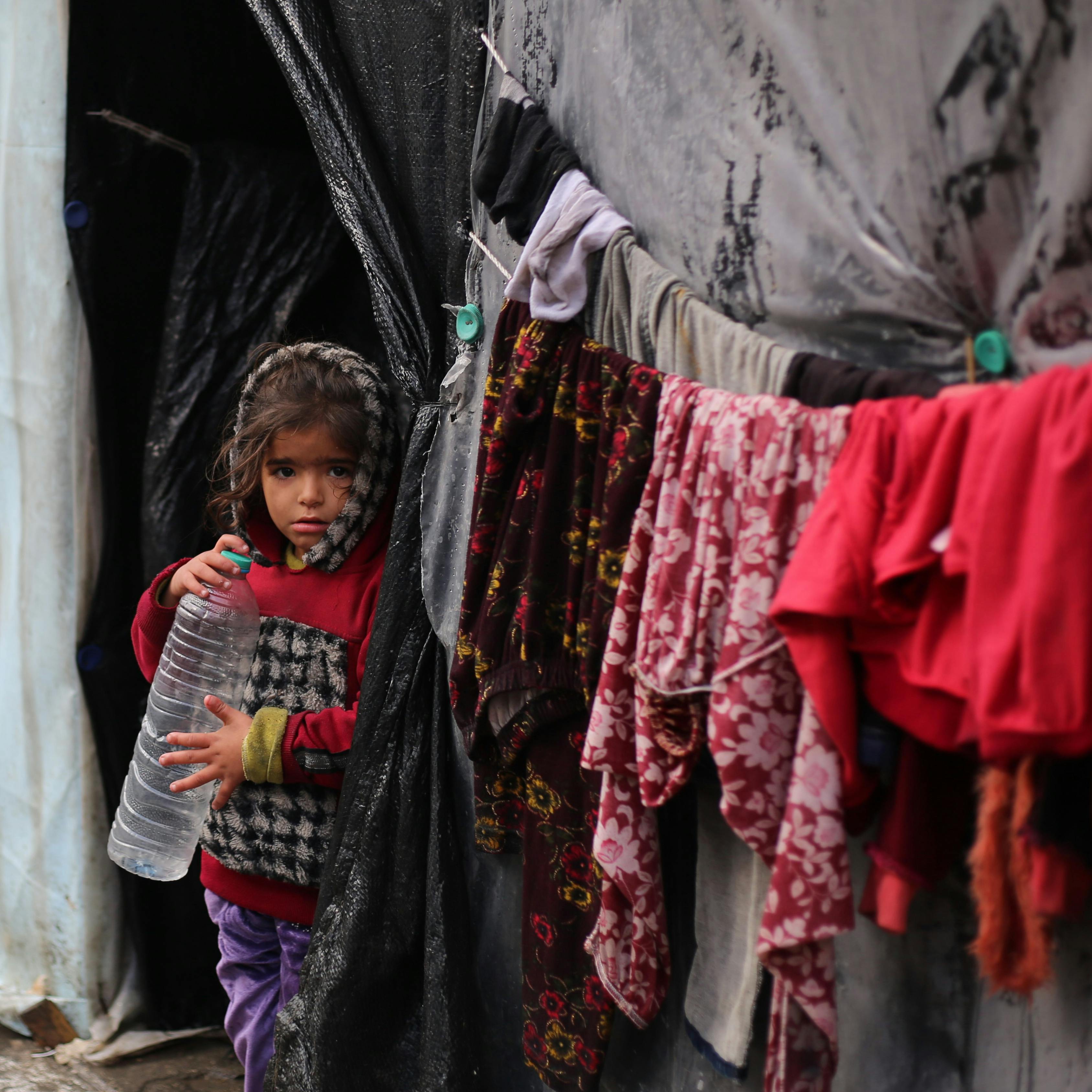
Gaza is facing a severe water crisis due to ongoing electricity outages, damaged infrastructure, and critical shortages of fuel, spare parts, and chlorine—making clean water incredibly hard to access.
In the first six months of 2024, UNICEF provided fuel to run wells and desalination plants, supplying 800,000 children with lifesaving water, totalling 3.3 million litres. We also distributed more than 1.5 million kits of critical sanitation supplies to protect kids from waterborne diseases.
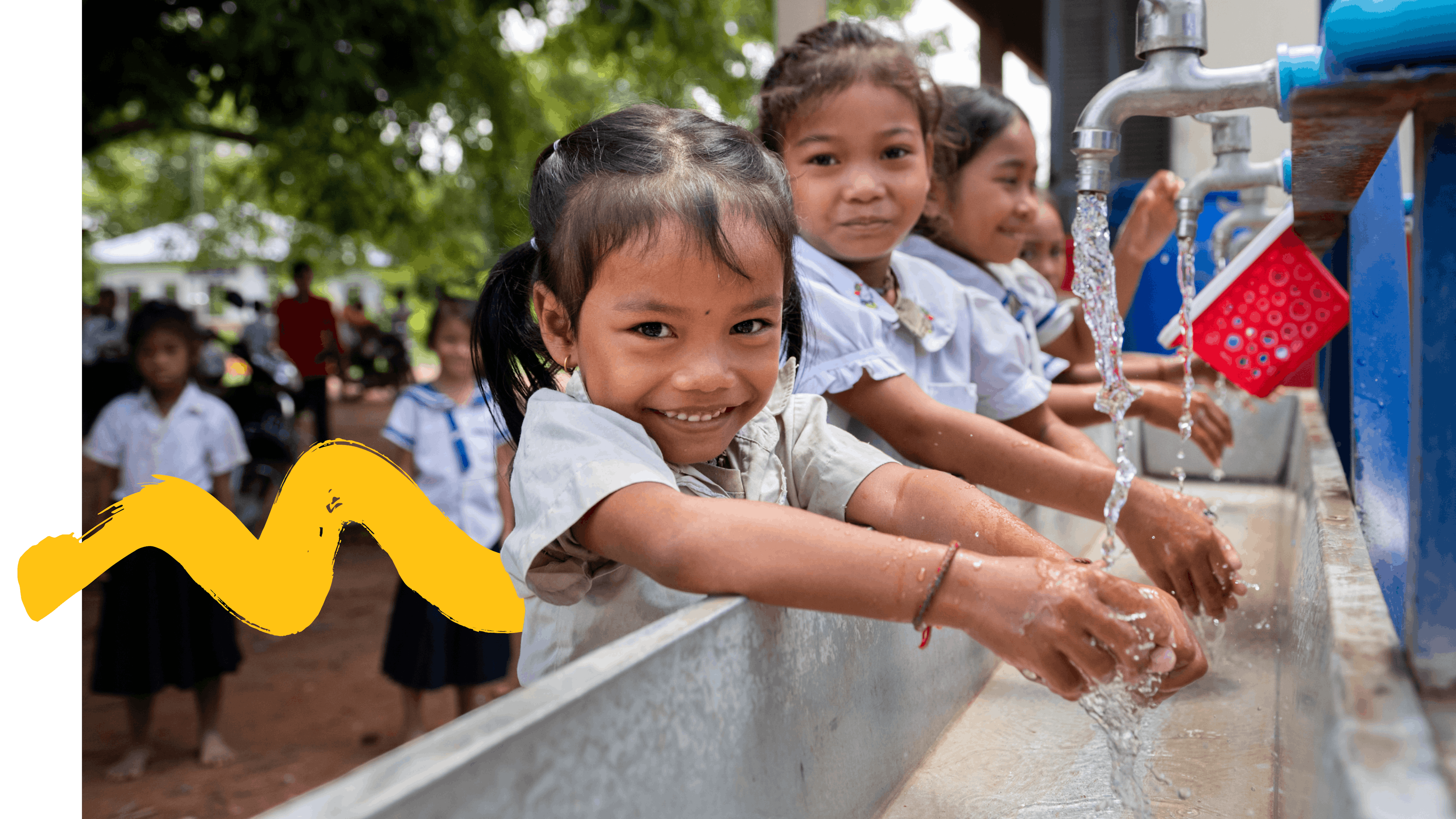
UNI630751
Simple & effective hygiene
for every child
3 billion people worldwide, including hundreds of millions of school kids, do not have access to safe hand-washing facilities with soap. But maybe the solution to such a big issue is something simple?
UNICEF's easy to construct and use group hand-washing stations is open-sourced so anyone can use, modify and share it – now kids all around the world can benefit from our design.
Read more about our Water & Sanitation
work around the world!
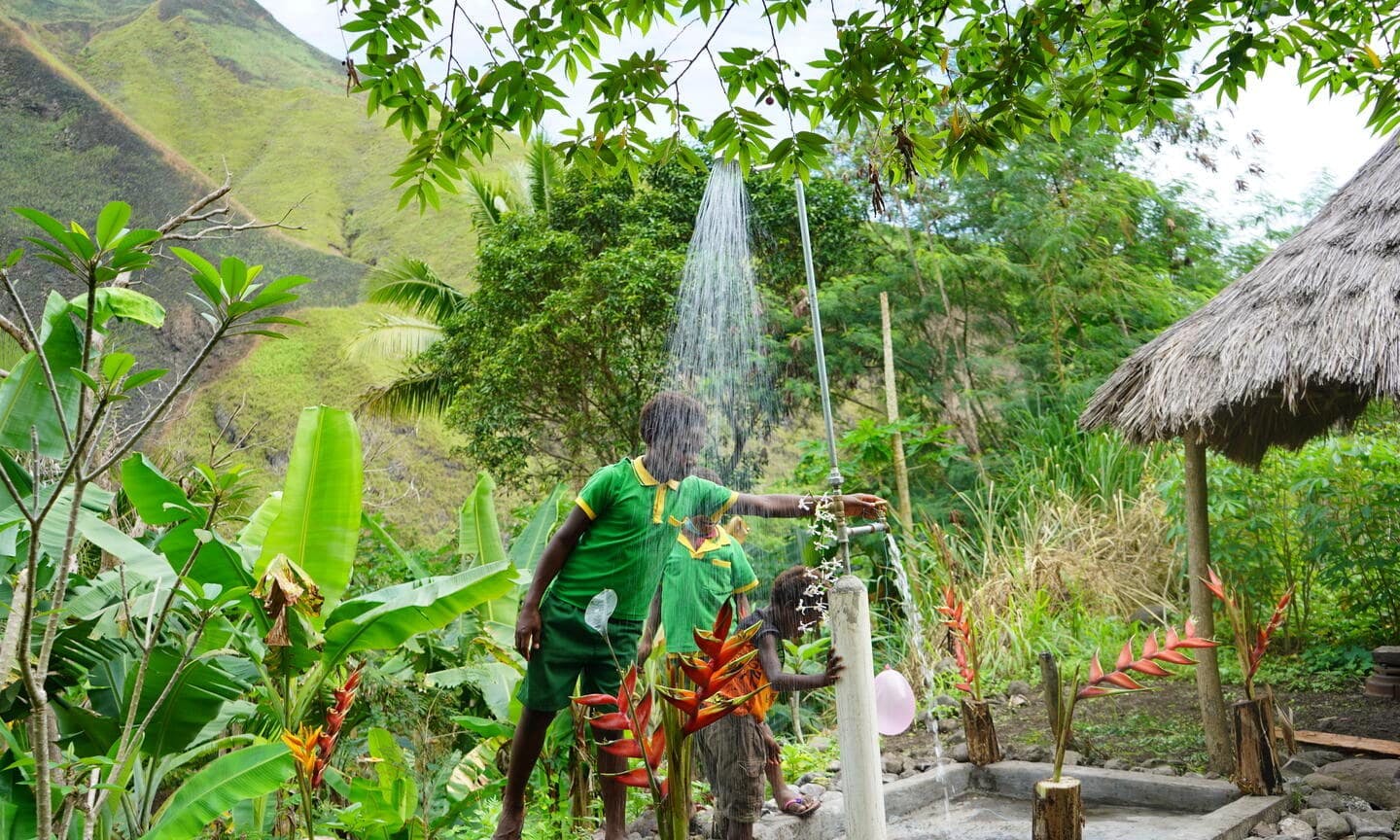
Water from above
Supported by the European Union and implemented by UNICEF, we’ve brought safe water to over 10,000 people using gravity-fed systems to transport water from the source to the community!
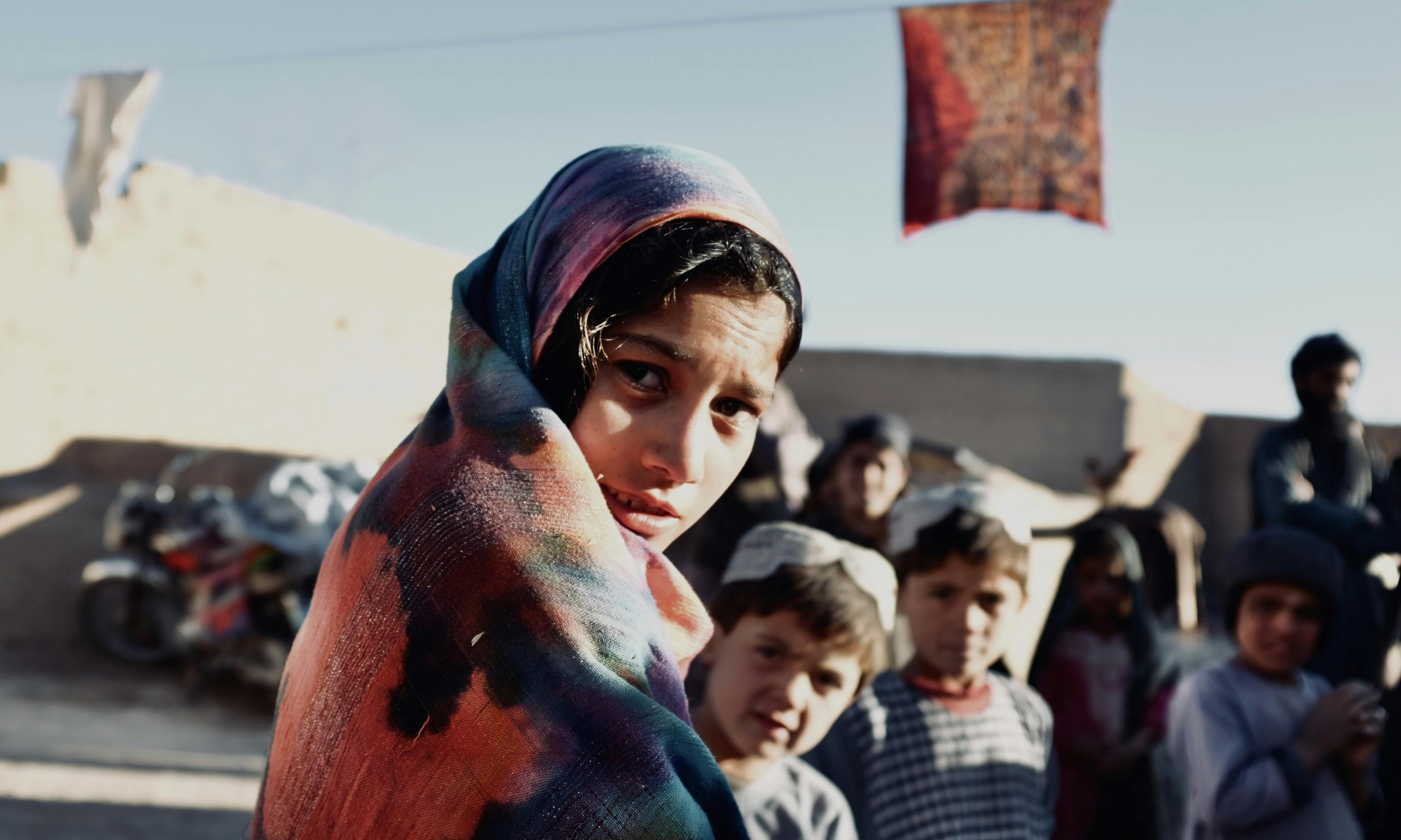
“When the water truck arrives...”
Join us on the road with UNICEF as we bring water to drought-afflicted villages in Afghanistan’s Southern Region.
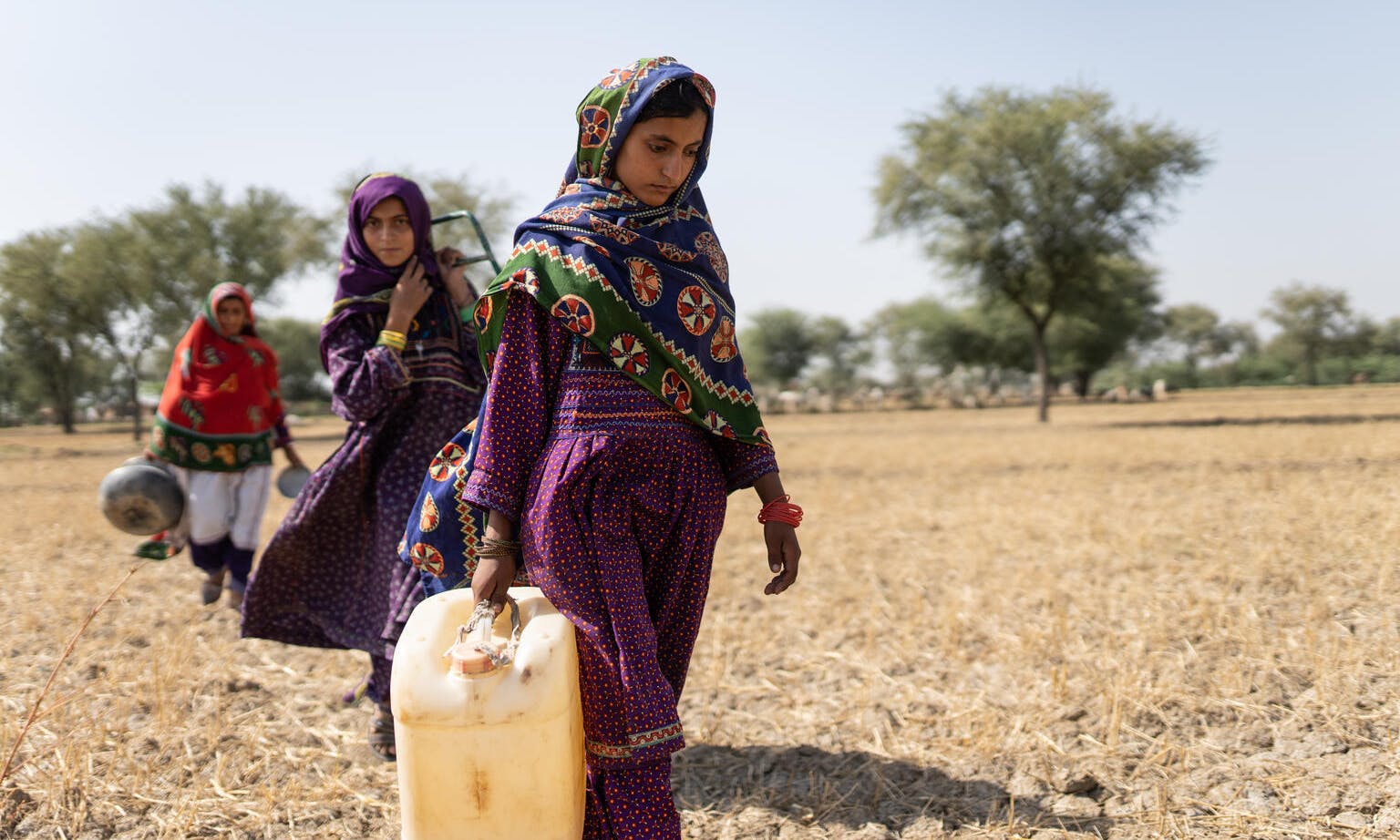
Women and girls bear brunt of water and sanitation crisis- new report
Women and girls are responsible for fetching water in 7 out of 10 households, according to first in-depth analysis of gender inequalities in drinking water, sanitation, and hygiene in households.

